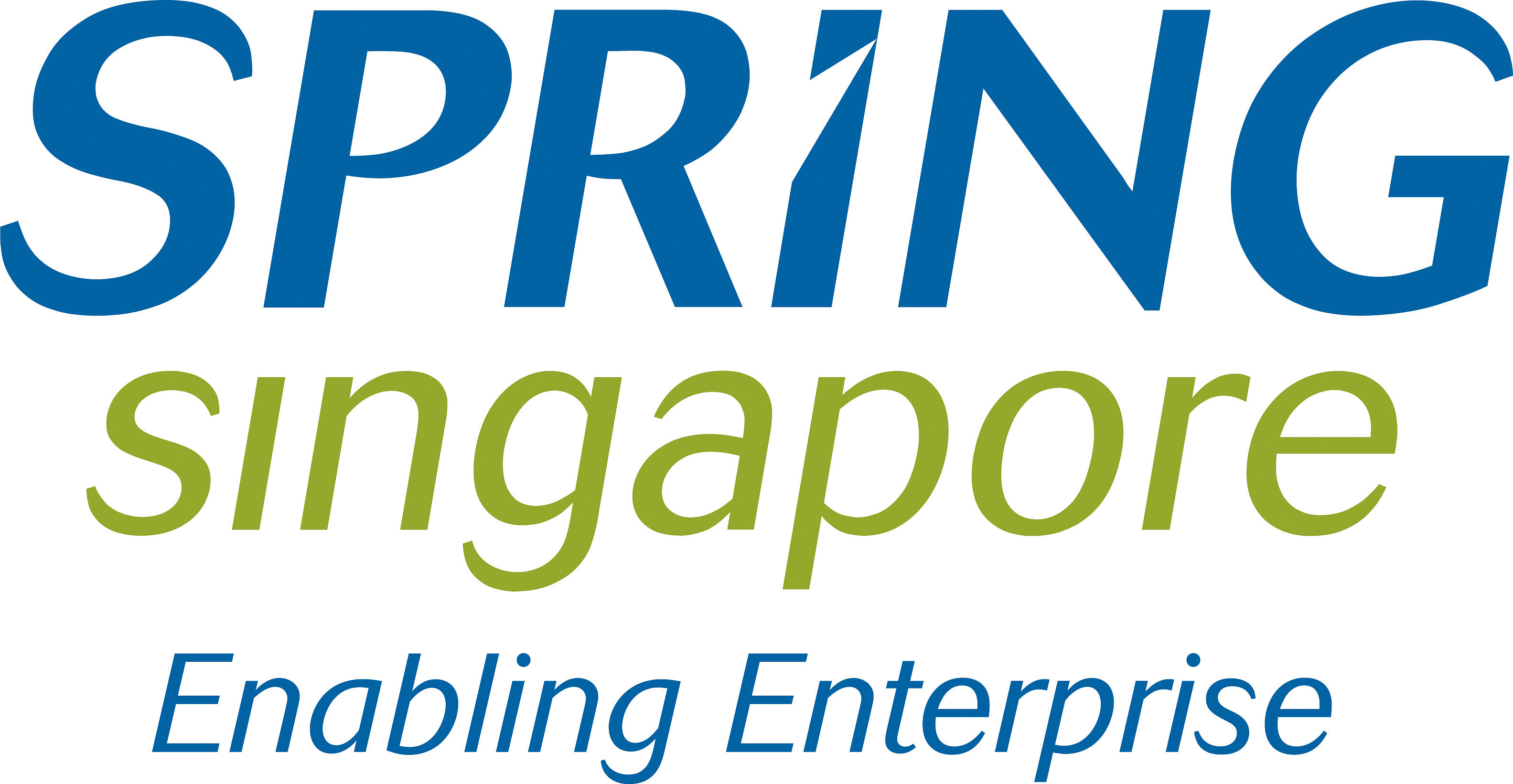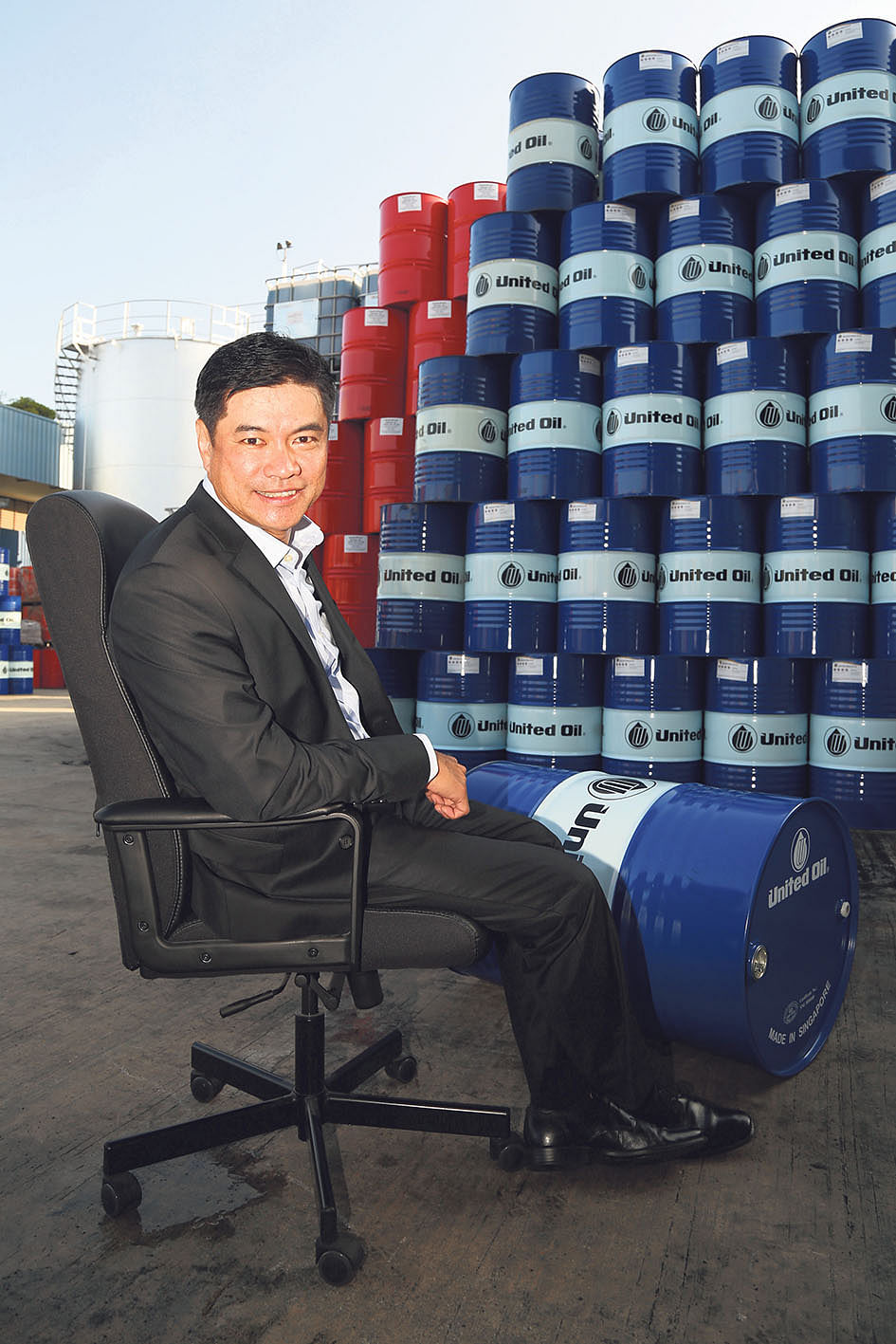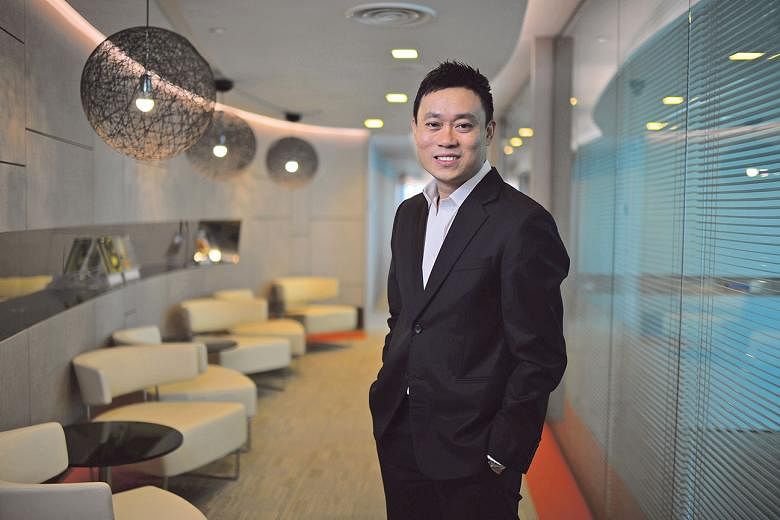
Today's business climate is filled with uncertainties and intense competition. On top of that, many businesses and markets may have reached their saturation point.
To remain relevant amid a tough economic environment and grow new markets, risk management in businesses is more important now than ever.
This is especially so for companies that want to attract investors or go public.
"Risk management is not about eliminating risks but about risk optimisation," says Mr Jonathan Ho, risk consulting partner at KPMG Singapore.
"Companies that do not understand their risk profile and actively manage their risks may find themselves suffering from the effects subsequently."
Firms - in particular small and medium-sized enterprises (SMEs) - face various credit, financing and capital, regulatory, cyber security and fraud risks.
For instance, the foreign exchange rates for many currencies have been fairly volatile in recent times. If a company is not aware of the extent of its foreign exchange risks exposure, the foreign exchange losses can potentially have a material impact on the company.
"In an economic downturn, it is crucial for companies to be able to withstand the turbulent period with good cash flow and working capital management, and in buoyant times to grasp opportunities to sustain, grow and increase profitability," explains Mr Ho.
Most SMEs would already have some forms of risk management practices in place, some of which may be informal and unstructured.
Companies should calibrate their risk management framework according to their scale and nature of operations. There is no one-size-fits-all approach.
According to Mr Ho, good governance and risk management are not about putting additional layers of control and process in place to unnecessarily burden the business with additional costs.
In fact, governance and risk management protocols build clarity and confidence in decision making across all levels.
Mr Ho says SMEs should also seek third-party professional help, where necessary, to help identify "blind spots" while being conscious of their risk appetite and threshold so that they can effectively manage their risks.
He adds that companies looking to grow can tap a wide range of resources, such as consulting professional financial management experts, which can be supported by Spring Singapore's Capability Development Grant.
"Proper implementation of a good corporate framework will not necessarily ensure success of an organisation, but bad corporate governance practice, especially poor financial management, is certainly a common root cause for failure in many SMEs," he says.
"Investors are also more likely to pay a premium to invest in companies known to have sound corporate governance practices as opposed to other profitable companies that are characterised by inefficient management or have a record of poor governance practices," he adds.
Adopting best practices

- Capability Development Grant
- The Capability Development Grant (CDG) is aimed at helping small and medium-sized enterprises (SMEs) embark on upgrading projects to improve productivity and develop business capabilities for sustainable growth.
Under the scheme, SMEs can defray up to 70 per cent of qualifying upgrading project costs.
Information about business upgrading and the CDG will be shared at the SME Capabilities Series, where industry experts speak on the various business capabilities and how investing in these capabilities can enable sustainable business growth. -
E-mail smecapseries@spring.gov.sg to find out about upcoming events under the SME Capabilities Series, or visit www.spring.gov.sg/cdg for more information about the CDG.
Founded in 1999, United Oil has a sales network in more than 30 countries.
Despite its admirable expansion rate in the last 17 years, as the lubricant products manufacturer enters into more markets, it is aware that the company is increasingly exposed to more operational, market and credit risk.
"We have reached a stage in the company's growth where we realise that it is absolutely imperative that we transform our processes and policies and adopt the best practices in our business and governance in order to position ourselves for future challenges and growth," says United Oil's managing director Jacky Tan.
To find out about available schemes they could tap, Mr Tan, 51, and his team attended an SME Capabilities Series event in November last year.
They learnt about the various types of business upgrading projects supportable under Spring Singapore's Capability Development Grant (CDG) and took a simple diagnostic test to better understand its business gaps.
With support from the grant, United Oil completed a review of its overall system of internal audit, addressing key risk areas.
The company worked with Spring Singapore to implement 33 recommendations that enhanced its operating policies and procedures.
"The consultants imparted new knowledge to us, and with their expertise and experience, we hope to achieve higher efficiency in our production and be even more competitive with our pricing, in order to expand our market share," says Mr Tan.
The process included an analysis of United Oil's business processes for risk identification, a review of existing risk mitigation policies, as well as recommendations to address gaps in risk management and formulating a framework to address them.
This will increase its management's awareness of the various types of risks faced by the company, as well as their potential impact on its operations and performance, thus driving more informed and strategic decision making.
United Oil will next work on enterprise risk management, intellectual property and franchising.
It hopes to also utilise the grant for human capital development, productivity improvement and business strategy innovation.
"With the business landscape being increasingly challenging, SMEs such as ourselves must work even harder to position our companies for the future.
"In order to transform, SMEs must want to change. And if they do, the Government has in place the necessary resources such as grants and government agencies such as Spring Singapore to assist us," says Mr Tan.

